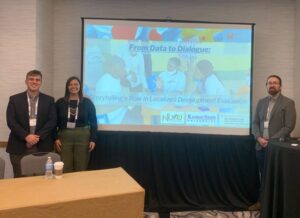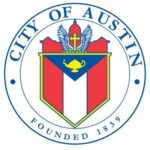RMC Research Scientist, Dr. Heath Prince, and former RMC Research Associate, Amna Khan (LBJ MPAff, 2012), along with Brandeis University colleague, Dr. Yara Halasa-Rappel, examined post-Arab Spring youth unemployment policies in Egypt, Jordan, Morocco, and Tunisia for the United Nations Research Institute for Social Development in 2017. Their findings have now been published as a book chapter in the newly released University of Bristol’s Policy Press publication, Emerging Trends in Social Policy from the South: Challenges and Innovations in Emerging Economies (Yi, Kaasch, and Stetter, eds). Their chapter, “Economic Growth, Youth Unemployment and Political and Social Instability: A Study of Policies and Outcomes in Post-Arab Spring Egypt, Morocco, Jordan and Tunisia,” documents their fieldwork to better understand the multiple policy approaches taken by these countries, as well as the constraints they faced, in addressing the crisis of youth unemployment that contributed to the uprisings between 2010 and 2012. You can read more about the book here.







